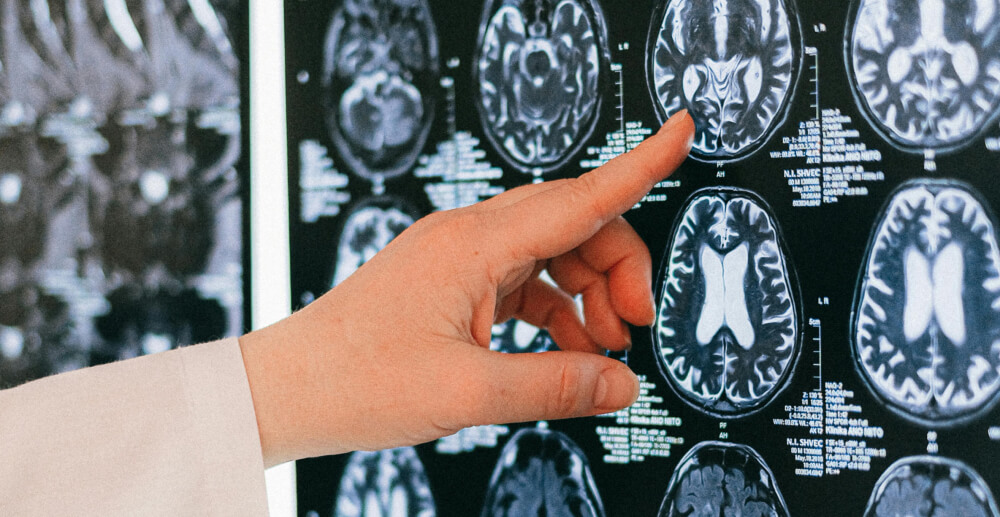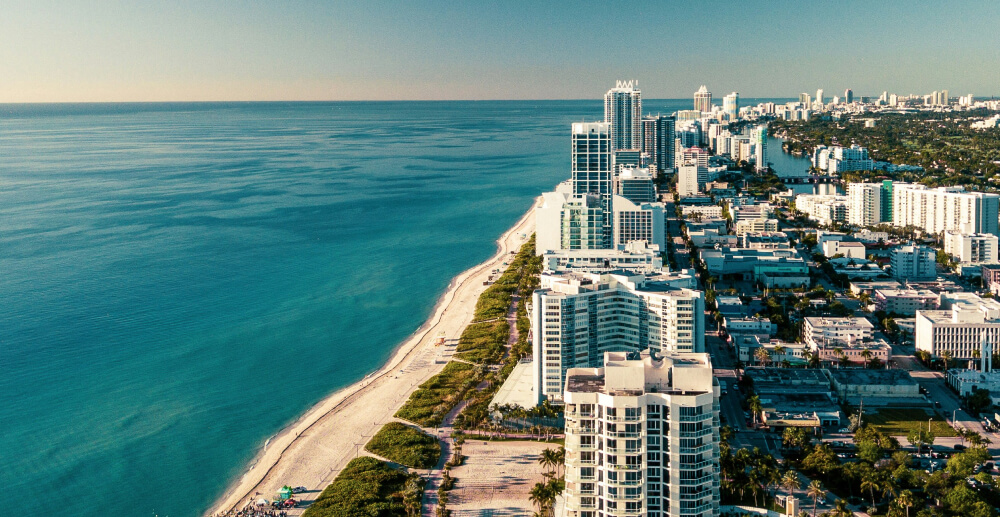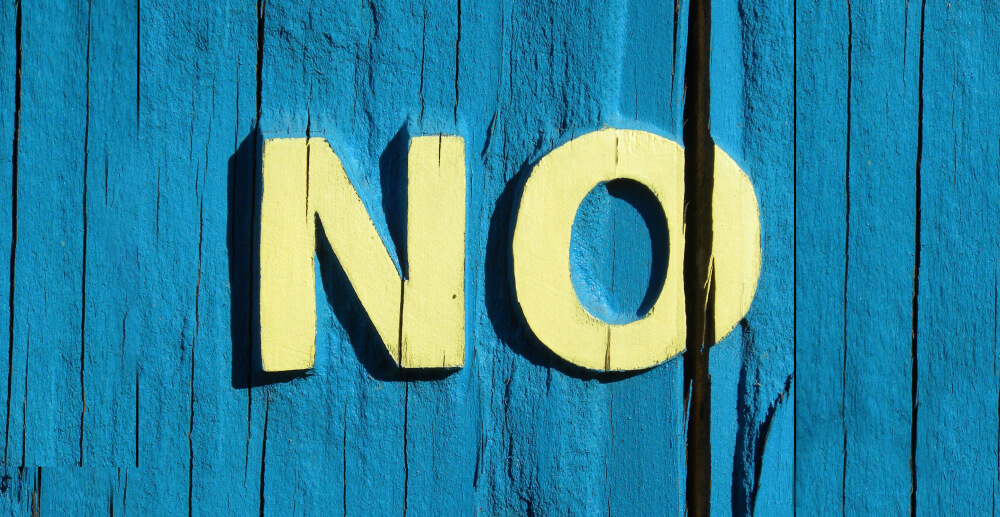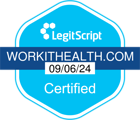2020 will go down as a shitty year. I know, I know, it’s only August. But I’m going to go out on a limb here and say that if nothing else bad happens, 2020 will still be a shitty year.
In March, COVID-19 plunged us into a global recession. At present count, it has killed nearly 170,000 Americans. As we approach six million cases with an average of more than 60,000 new cases each day, it seems the worst is still ahead of us.
We’re out of work, out of money, shuttered in our homes, going slowly crazy from isolation, but still terrified to hug our friends, lovers, parents or children. Many of my friends have lost grandparents, parents, or friends. A nurse I know has lost three people to COVID. When George Floyd was murdered by police on May 25th, it set off the largest social protest in our country’s history. That protest has not ended. With the veil finally, irrevocably pulled back on systemic racism and police brutality, our President heard the concerns of his constituents, calmly considered the evidence … and sent DHS troops to Portland to tear gas a group of moms. A storm cloud of disease, death, and destruction seems to shadow us all. Through all of this, I’m somehow not just staying sober and surviving, but thriving. And for that, I feel hideously guilty.
I think many of us went through similar stages with COVID-19: denial, disbelief, shock, terror, and paralysis. In many ways, it reminds me of the first fist fight I was in as a little kid. I was terrified of fighting, terrified of getting hit. When the first punch didn’t end my world, I felt stunned. That was it? Then came the second punch, and the third. They didn’t knock me down, but the experience was scary and it hurt. Punches kept coming. Finally, I realized that the only solution was fighting back.
First, COVID neatly dispatched my planned summer tour, playing music all over the UK, Spain, and the Netherlands. Then it wiped out my writing workshop at Yale and my tour of the Northeast and Canada. Then it derailed the one-person show at a theater in New York I’d been planning for a year. I calculated my losses at around $20,000, a huge amount for an independent artist. But it seemed gauche to gripe about it when so many people were dying, sick, or losing everything.
Flights were grounded, states shut down. I broke up with my girlfriend. It quickly became clear that I would spend a long, hot, brutal summer alone in Phoenix in my 92 year old house with an AC unit that just can’t keep up. But finally, after many days lost to depression or anxiety attacks, some shameful panic buying, and one weird early morning conversation about death with my mom where I made us both cry, I started getting my shit together.
I took a black Sharpie and wrote on my bathroom mirror “PMA.” It felt corny and teenage, but I knew I needed a positive mental attitude more now than ever. And whaddya know, it worked. Every morning when I woke up and dragged myself to the bathroom, overflowing with nihilistic despair, there was the reminder I needed: chin up, fucker—life is still sweet.
There were no masks available, so I tracked down a box of shop towels at an Autozone and my mom got some elastic from a neighbor. She fired up her old sewing machine and turned out mask after mask, enough for everyone in our bubble. I installed bidets for us both and, yeah, I eventually got used to that weird butthole squirt gun. On a sleepy morning, that jet of cold water on my most sensitive bits woke me up better than a mug of black coffee.
I put every nonessential guitar I owned up for sale on Reverb.com. That ‘extra’ pickup truck that I’d been meaning to sell forever? I took a bath on it, but I finally got rid of it. I started offering one-on-one streaming concerts for my fans, where they picked the set list. I was stunned by how many people took me up on it, how many people overpaid, and how many people just sent money and expected nothing in return. I promoted my music, I promoted my merch, and I promoted my books. I finally overcame my resistance and started a Patreon. I couldn’t believe how much people wanted to give and how little they wanted in return. I applied for grants. For the first time in my life, I applied for unemployment assistance. It wouldn’t come close to making up for the income I’d lost but I realized that, as much as I’d wanted that money, wanted to teach and tour and perform, that I would survive without it. No one was stoked about quarantine but I recognized that I had what we’ll call ‘quar privilege.’ I had it way easier than most of my old friends in New York City. I tried to be grateful for my privilege every day.
The shutdown had hit when I was halfway through getting a root canal and crown so I brushed, flossed and used mouthwash after every meal, the best dental health I’ve ever exercised in my life. I’d been meaning to be better about vitamins since, well, basically since I’d achieved sentience. But now there was something at stake, so I got in the habit of religiously taking vitamins every morning and night. I wouldn’t be able to get a massage when my back freaked out every six weeks, so I worked to improve my posture and lay on my hard lacrosse ball to work the knots out when it got bad. I started getting up at five every morning to run before it got too hot. I worked on the house and the yard until the temperature got up to 100, then I worked inside. I finished and released an EP I’d been dragging my feet on for months, got another record of demos and outtakes ready to pop, and dug out an old live recording from Vancouver that I’ll release this fall, my third record this year.
Four and a half months into quarantine, I’m doing great. I’ve toured like a madman for most of my adult life. Fans told me I loved it and I told myself it was my life’s work. But I didn’t realize how much it was ruining me and endangering my sobriety until COVID forced me to stay home. Now I wake up early to run, take my vitamins, brush my teeth. I’ve lost the weight I gained in the first month of shutdown and gained a lot of strength and endurance. The new normal is lonely for us all, but entering into a monogamous relationship with my cat has been surprisingly fulfilling. I chase her around the house and then she chases me back. When I roll her on her back and rub her tummy and she grins at me and makes biscuits in the air with her white paws, I feel joy, a sensation I thought had died in me.
I miss my friends and my old life so much it hurts. But mostly when I think about life pre-COVID, I marvel at how fucking lucky I was. I feel grateful to have had such a fun, chaotic, unsanitary life. I suffered from depression and anxiety before COVID and no, COVID didn’t cure me. But my depression is greatly diminished because preparing for the end of the world has given my life new purpose. It’s ironic, but the anxiety-inducing nightmare of our new normal has given my natural anxiety something to dig in to, like a mouth guard for someone who grinds their teeth at night. I’m thriving during this pandemic that has killed hundreds of thousands and made us all suffer, and for that, I feel horribly guilty. But I’m not alone.
When I did an informal poll of my Facebook and Twitter friends who have found themselves thriving during this big pause, I quickly saw patterns emerge. We’ve been forced to slow down. Many of us are learning to eschew empty consumerism and the meaningless cycle of working and spending and working and spending. For many of my comic/musician/artist friends, they’re making more from unemployment than they did when they were working. In the absence of our friends, our jobs, and group socializing, we’re learning to value solitude, creativity, and family. We’re finally picking up a lot of ‘one day’ stuff. You know: one day, I’ll learn to play piano; one day, I’ll finish restoring this old car; one day, I’ll get in shape.
Ali Musa is a comic in Tucson: “I haven’t had a drink in 6 months. I lost almost 30 pounds, in almost the best shape of my life. I started a successful podcast that gets hundreds of downloads a week and I’ve gotten paid to produce content and stream on multiple platforms that reached out to me. I’ve saved more money than I have in years and find I’m appreciating life and the little things more than ever.”
Rachael Warner is a sustainable designer in NYC: “I’m exercising every day and I’ve lost more than 30 pounds so far. I finally have time to relax, get ample sleep, and stop and enjoy life, instead of feeling like I’m running around like a crazy woman. I’m catching up on all my projects that I haven’t had time for and putting together new strategies for my business. It’s been great, to be honest. I needed a god damn break.”
Mat Alano-Martin is a comic from Indiana: “I returned to my first love of sitting in a room and writing music. I taught myself a new recording software, made an album, taught myself Final Cut Pro and made videos for the songs. I learned to appreciate being home and just being/being sober/being enough.”
Brandy Bryant is a tattoo artist in Denver: “During the stay-at-home order, my girlfriend and I started an LLC for our entertainment production company. We wrote multiple scripts for movies and a web series, we completed a short film, and animated the first portion of a cartoon series. Since returning to work, we haven’t had time to do much. I kinda miss the shutdown, to be honest.”
Jerad Grossaint is a boilermaker from Washington: “I started working with the boilermakers union (which falls into the category of welding I was studying until COVID shut down the college in March). Between the union wages and the CARES act unemployment compensation, I can actually afford to live during my lay off. I’ve lost around 70 pounds in the last six months, I’m making great progress on the 52’ Ford hot rod I’m building, and I still have money in savings from my last two boilermaker jobs.”
Danielle Onderdonk was a beverage manager in Reno: “My partner Greg is home and spending more time with our son than he has his entire life. Because of our jobs at Amazon, I am lean and muscular. We have more money and top notch medical, dental and vision insurance. At 53, Greg is finally getting a finger up his ass to check his prostate and I can laugh at him the night before his first colonoscopy!”
Lizzie No is a folk singer from Queens, NY: “I’m embarrassed to admit that, for me personally, this is one of the best times in recent memory. I went through a major breakup but have found that the pandemic has changed the dating game. People seem more willing to engage in meaningful conversation and Facetime dates turn out to be a helpful way to screen people. Pre-pandemic times involved constant hustling (which I was happy to do—I chose this life!) but since canceling my summer tours, I’ve been able to make ends meet via online subscriptions and it has improved my quality of life dramatically.”
It’s not my intent to minimized the death and suffering COVID-19 has wrought, in America and around the world. We’ve lived through a long, bad time and we have a longer, worse time ahead of us. COVID has transformed our lives, it will continue to transform our lives, and some of those transformations will be permanent. But not all of those transformations are negative.
Americans work too much. Or rather: we work too much for financial gain and then piss that money away on crap we don’t need. We don’t work enough for our health and personal fulfillment. People always ask me if there’s something that would make me relapse. I tell them that if I had to go back to working 40 hours a week in a cubicle job, that I would drink the first day, that I wouldn’t be able to relapse fast enough. Obviously, I hope we’re able to emerge from this crisis with more faith in science and a greater investment in public health, but I also hope it redefines our relationship to work. We don’t need jet skis, we don’t need naked sushi. We need our friends and our families, we need hugs, we need our health.
So what to do about my ‘quarantine privilege,’ about doing so well when so many others are suffering? Feeling guilty about privilege never helped anyone. I do what I can to help others where I can, whether it’s writing a check or just checking in. But there’s no way to donate my health or my relatively cushy life. I was able to go out for a run in the desert this morning, and there’s no way to Venmo twenty percent of that experience to someone dead, dying, or grieving. So I try to feel grateful for the good life that I have. The best way to honor the dead is by living.









